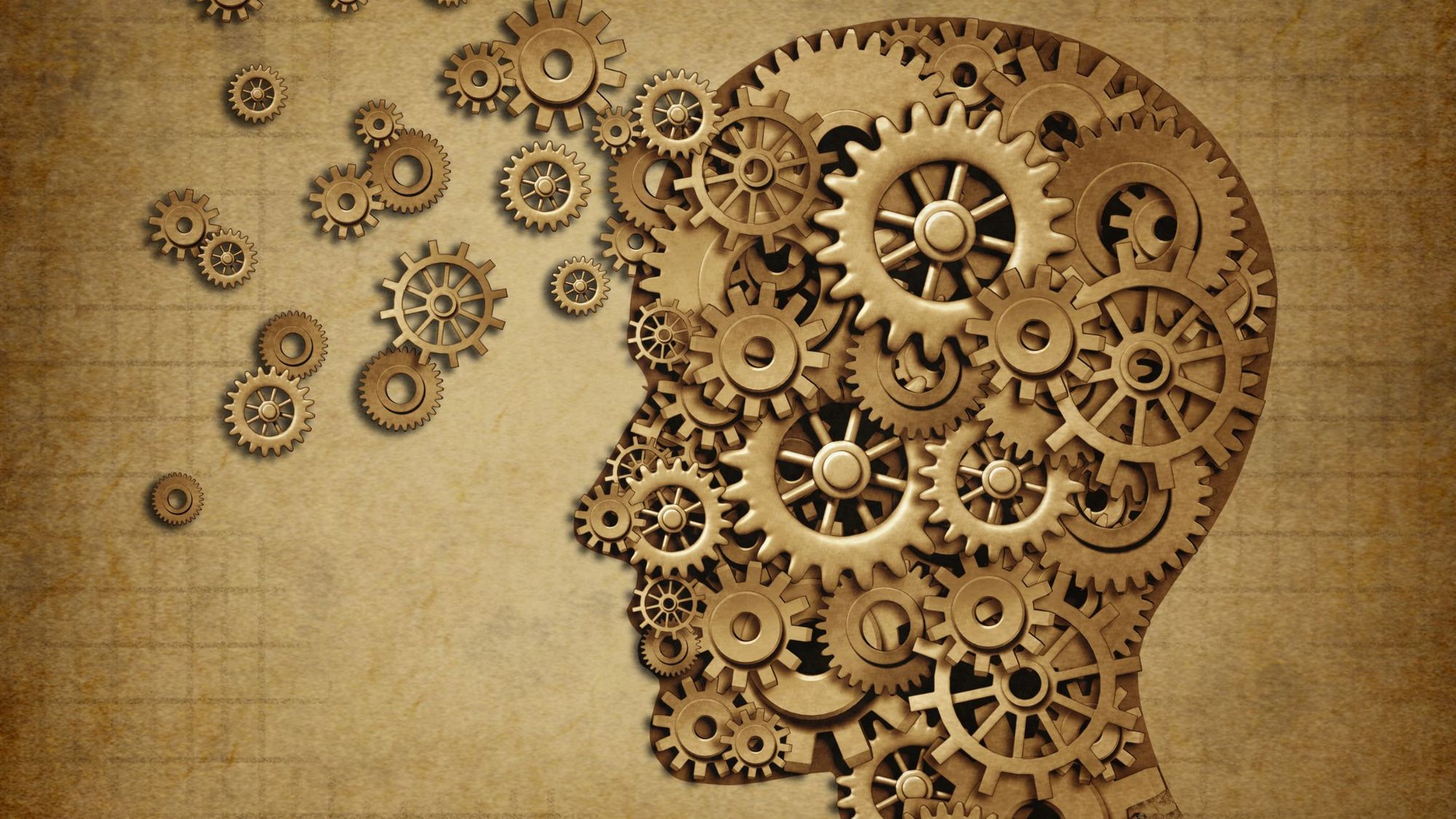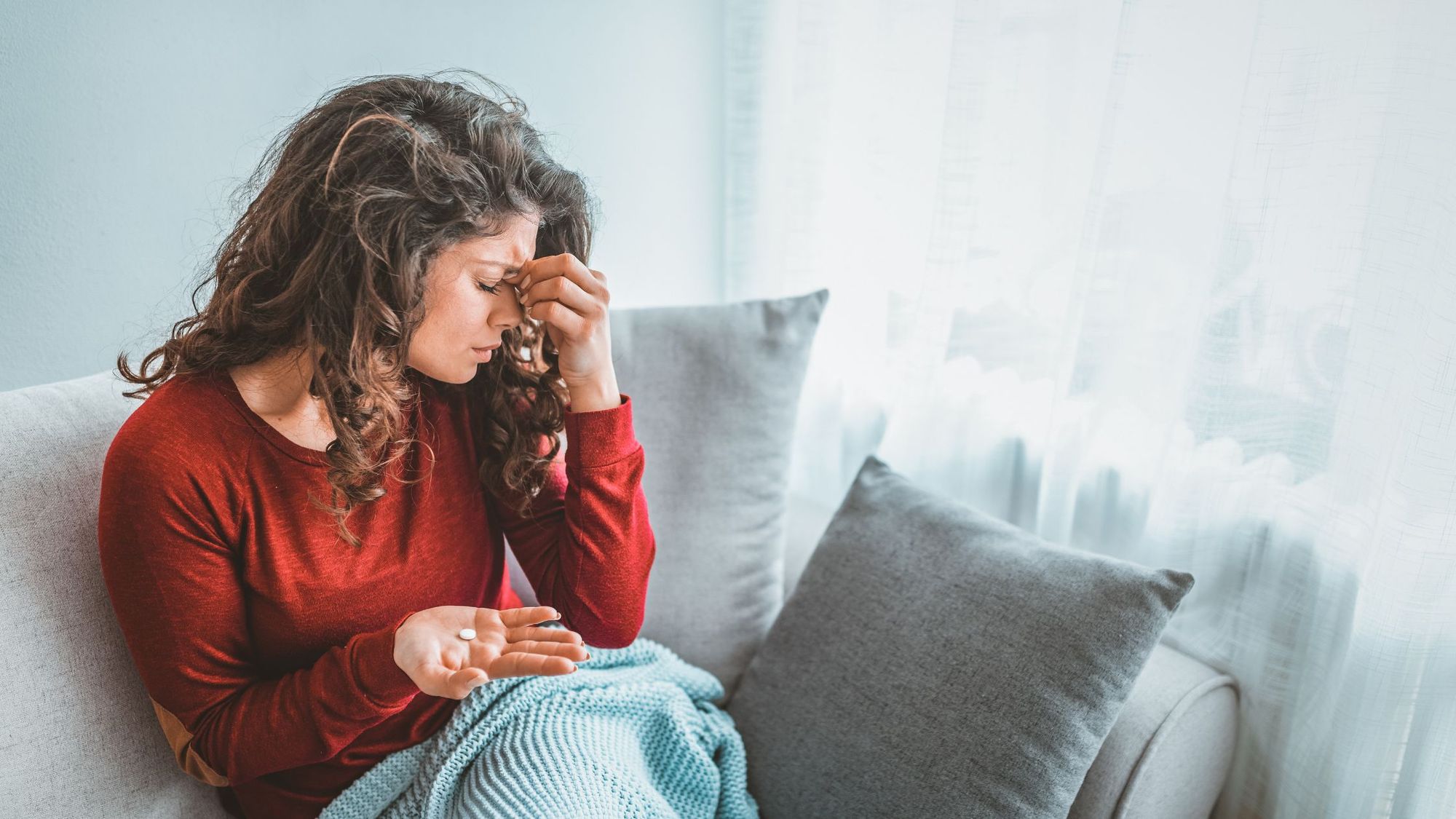
Sleep apnea symptoms can be difficult to detect by the people experiencing them. Your partner might notice sleep apnea symptoms that you’re exhibiting if they’re in bed next to you, but many people are single and don’t have anyone who would notice. Many of the clearest signs occur during sleep, when you’re unaware of what’s happening with your body. So, are there any sleep apnea symptoms you could notice yourself, or signs you might have this health condition and sleep disorder?
Sleep apnea is a condition that causes you to stop breathing while you’re asleep. The word apnea is derived from the Greek word for ‘breathlessness’.
This condition is either caused by a blockage in the airway (obstructive sleep apnea), or by a problem with the way your brain controls your breathing (central sleep apnea). In either version of the condition, your body automatically wakes you up, so you can resume breathing. This disrupts your sleeping cycle, and makes it difficult to get a good night’s rest.
While you might assume you’d be aware of waking up and gasping for air each night, it’s possible that you’ll forget waking up entirely. It’s believed that around 85-90% of people with sleep apnea in the US don’t know they have it.
Although there are some signs of sleep apnea you might encounter when you wake up, such as dry mouth or fatigue, you could easily associate them with a multitude of other causes or factors. This is why many people don’t know they have this condition.
So, how can you recognize sleep apnea symptoms, and seek out the right treatment? We’ll also discuss what causes sleep apnea or increases your risk, from your genetic makeup to your age.
What Is Sleep Apnea? The Types of Sleep Apnea
Sleep apnea is both a sleep disorder, and a breathing disorder.
If you have sleep apnea, you’ll repeatedly stop breathing for brief periods while you rest. The lack of oxygen in your system will force you to wake up, so your brain can restart the breathing process. While this survival instinct keeps you alive, it also interrupts a good night’s sleep.
Eventually, the symptoms of sleep apnea can contribute to other health problems, from severe stress, to fatigue, and anxiety. Sleep apnea can also place stress on your heart. When your access to oxygen is paused, the body releases stress hormones which can eventually lead to heart disease.
One study found that obstructive sleep apnea can increase the risk of heart failure by 140%, coronary heart disease by 30%, and stroke by 60%.
The two most common types of sleep apnea are distinguished by what causes you to stop breathing during the night.
Common Sleep Apnea Symptoms
Sleep apnea symptoms can vary depending on the severity of the condition, and which type of sleep apnea you have.
Furthermore, each patient can experience sleep apnea in different ways. For instance, most people know that snoring is one of the most common sleep apnea symptoms. This is particularly true with obstructive sleep apnea because blockages in the airway cause us to make more noise when we’re trying to breathe as normal.
However, not everyone who has sleep apnea snores, and not everyone who snores has sleep apnea.
People with CSA (Central Sleep Apnea) tend to snore a lot less than those with OSA (Obstructive Sleep Apnea). With central sleep apnea, there are no blockages in your throat to create noises. You may even be quieter than most people when you sleep because your breathing will be gentle and shallow.
Although the symptoms of sleep apnea can vary with each condition, some common sleep apnea symptoms which occur with both Obstructive Sleep Apnea, and Central Sleep Apnea, include:
· Mood changes: Poor sleep naturally influences our mood. The less you sleep, the more likely you are to feel irritable, depressed, or stressed. You might experience mood swings, or notice your libido has changed as a result of exhaustion.

· Brain function disruptions: You may have noticed you’re more likely to be able to concentrate and focus when you sleep well. Alternatively, if your sleep is disrupted, your brain can’t refresh and re-energize for the day ahead. You may be more forgetful, or have trouble concentrating.
· Exhaustion and fatigue: Feeling tired when you wake up is common if you have problematic sleeping patterns. However, it can also be one of the most common sleep apnea symptoms. You may feel overwhelmingly drowsy and sleepy throughout the day because your brain hasn’t rested fully throughout the night.
· Waking up repeatedly throughout the night: This symptom can be difficult to recognize, because most people don’t remember waking up when they’re sleeping. However, you may notice yourself tossing and turning a lot, or your partner may mention you tend to wake up often.
· Unusual breathing patterns: This is another symptom that’s more likely to be identified by a partner sleeping next to you. People with sleep apnea may breathe heavily, or not at all for short periods.
· Snoring: As mentioned earlier, not everyone with sleep apnea snores, but a distinctly loud snore can be a sign of sleep apnea for many people with the condition.

· Morning headaches: Some people with sleep apnea complain of severe headaches after waking up. Scientists aren’t entirely sure of the cause of these headaches. However, it may have something to do with the brain responding to a lack of oxygen.
Obstructive Sleep Apnea Symptoms
The most common sleep apnea symptom connected to OSA, is heavy snoring. If you have an obstruction in your throat, you’re more likely to make a lot of noise when you’re trying to breathe. You may also notice symptoms such as:
· Dizziness when waking up, due to low oxygen levels
· Tossing and turning during sleep (restlessness)
· Dry mouth caused by excessive mouth breathing
· Occasionally waking up with gasping or choking sensations
· A sore or painful throat
Many of the above are sleep apnea symptoms you could notice yourself, because you’d notice a sore throat, dry mouth, and you’d likely notice that you toss and turn a lot at night or wake up frequently.
Central Sleep Apnea Symptoms
Central sleep apnea symptoms are less likely to include snoring. However, if you do sleep with a partner, they may still notice signs of unusual breathing patterns. Cheyne-Stokes breathing, or CSB, is commonly associated with CSA. This condition is characterized by breathing that gets faster, and deeper, before becoming gradually shallower until the person stops breathing entirely.
People with central sleep apnea may also experience:
· Difficulty focusing due to low oxygen levels
· Increased anxiety or mood changes
· Insomnia or trouble sleeping
· Nightmares or bad dreams
What Causes Sleep Apnea? Who is at Risk?
Anyone can experience sleep apnea, but this health condition is more common among certain groups of people. For instance, obstructive sleep apnea is more common in men before the age of 50, and more common in women after the age of 50. You’re also more likely to suffer from obstructive sleep apnea as you get older and the muscles in your throat become looser.
OSA is particularly common in people who are overweight or obese, as this can lead to extra inflammation and weight around the airways, which prevents normal breathing.
Central sleep apnea is also more common in certain groups of people. It’s particularly likely in adults over the age of 60, as well as people with heart conditions. People who take opioid pain medications may be more susceptible to this condition. Additionally, people who live at high altitudes may also be more likely to experience CSA.
In rare circumstances, CSA can occur as a consequence of another medical issue, such as an infection or injury affecting the brain stem.
Finally, sleep apnea is a condition that can run in families, so check your DNA test results to find out if you’re genetically at higher risk of sleep apnea, or other sleep and health conditions.
References:
- Health.Cleveland: Could You Have Sleep Apnea — Without Knowing It?
https://health.clevelandclinic.org/sleep-apnea-its-waaaay-more-common-than-you-think/ - NCBI: Obstructive Sleep Apnea and Cardiovascular Disease: Role of the Metabolic Syndrome and Its Components
https://www.ncbi.nlm.nih.gov/pmc/articles/PMC2546461/ - NCBI: Central sleep apnea and Cheyne-Stokes respiration
https://pubmed.ncbi.nlm.nih.gov/18250216/#:~:text=Cheyne-Stokes respiration with central,waning pattern of tidal volume. - NCBI: Age-dependent influence of gender on symptoms of obstructive sleep apnea in adults
https://www.ncbi.nlm.nih.gov/pmc/articles/PMC6932841/ - NCBI: Chronic opioid use and central sleep apnea
https://pubmed.ncbi.nlm.nih.gov/25988636/






Comments are closed.